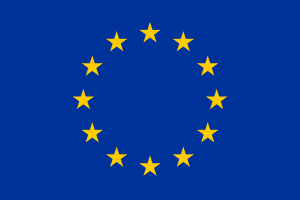OUR RESEARCH IN THIS AREA
Our research activities aim to help stop this dramatically increasing trend in pertussis cases.
From 2017 to 2020, we focused on developing an innovative whole-cell-based pertussis vaccine characterized by reduced reactogenicity. The research project was based on the goal of obtaining a set of modified bacterial strains suitable for constructing a pertussis vaccine. Additional objectives included the innovation and optimization of related technological processes. Specifically, the project addressed the optimization of cultivation procedures, preparation of a mineral carrier, and finalization steps in the vaccine’s formulation. This research was carried out under the OPPIK project (PROJECT NUMBER: CZ.01.1.02/0.0/0.0/15_019/0005074), which was successfully completed in 2020. The main outcome of the project was a protocol for the preparation of a vaccine against Bordetella pertussis, which is suitable for commercial vaccine production. You can learn more about the project results [here].
Our current research builds upon the results of the previous project. Our goal is to utilize the earlier outcomes to develop an easily applicable immunization product capable of inducing mucosal immunity against B. pertussis infection. The objective is to create a product that allows for easy, safe, and widespread administration of a booster dose in a suitable non-invasive form—namely a mucoadhesive tablet, inserted repeatedly into the oral cavity to induce group mucosal immunity against pertussis.
We are currently collaborating on this project with the Laboratory of Molecular Biology of Bacterial Pathogens, which is part of the Institute of Microbiology of the Czech Academy of Sciences. This laboratory holds a unique position in the Czech Republic and is internationally recognized as a leading institution in the research of the whooping cough pathogen.
The current project will receive financial support from the TREND programme as part of the 12th public competition of the programme, which is facilitated by the Technology Agency of the Czech Republic (TA CR).



